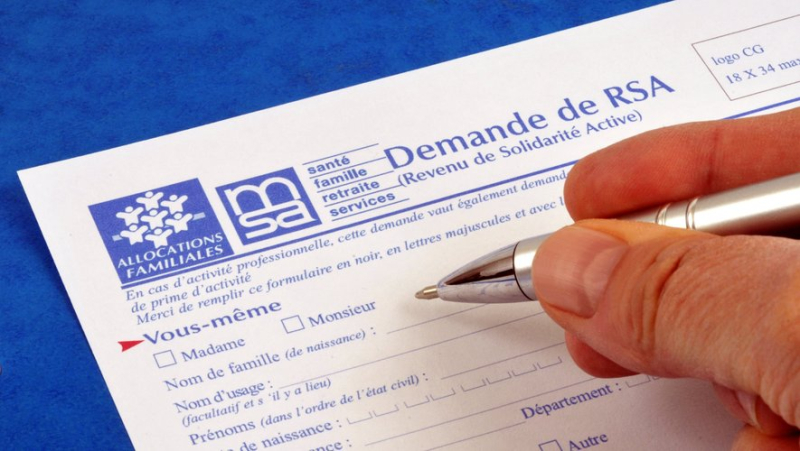What is the “single social allowance” that Michel Barnier wants to implement from next year ?

Le projet de Michel Barnier n’est pas sans rappeler la réforme du RSA MAXPPP – Richard Villalon
Invité sur France 2, le Premier ministre Michel Barnier a annoncé jeudi 3 octobre son intention de lancer "pour l’année prochaine" un chantier de "l’allocation sociale unique".
This Thursday, October 3, on France 2, Prime Minister Michel Barnier announced that he wanted to relaunch an old project, which he himself was working on with the Republicans for the 2022 presidential election.
“I am going to open a project, which will take a little time, which will not be immediate for next year, which will be that of the single social allowance”, he declared.
“It pays more to work than not to work"
The objective of this measure, strongly inspired by the universal income project of the government of Edouard Philippe, will be "so that at the end of this work, it pays more to work than not to work", he explained, specifying that the "work will take some time".
For the’former European Commissioner, "work must pay more than the addition of benefits", which means that he wants to create a single capped social assistance.
This is also recommended “at 70% of the minimum wage” by Laurent Wauquiez, the president of the Republican Right deputies, to fight against "welfare".
What does the Prime Minister's project consist of ?
The project supported at the time by Michel Barnier was to merge several benefits (the active solidarity income (RSA), unemployment benefits and all other aid paid by the CAF and the MSA (excluding old age and disability) allocated to low-income households into a single social allowance.
Which implies that the counterparts requested from the beneficiaries of this aid would have been strengthened. In detail, each beneficiary would have had to commit to following at least one training course or participating in a public service, indicates Capital.
Some allowances could be increased
This project is reminiscent of the RSA reform, which is to be generalized to the whole of France by January 1, 2025. To receive this benefit, you will have to work 15 hours a week, which will allow you to reorient yourself towards employment. The measure is currently being tested in around forty departments.
While Michel Barnier did not specify whether he would resume the project as he left it, he did say that some allowances could be increased, such as those paid to “people with disabilities”.




